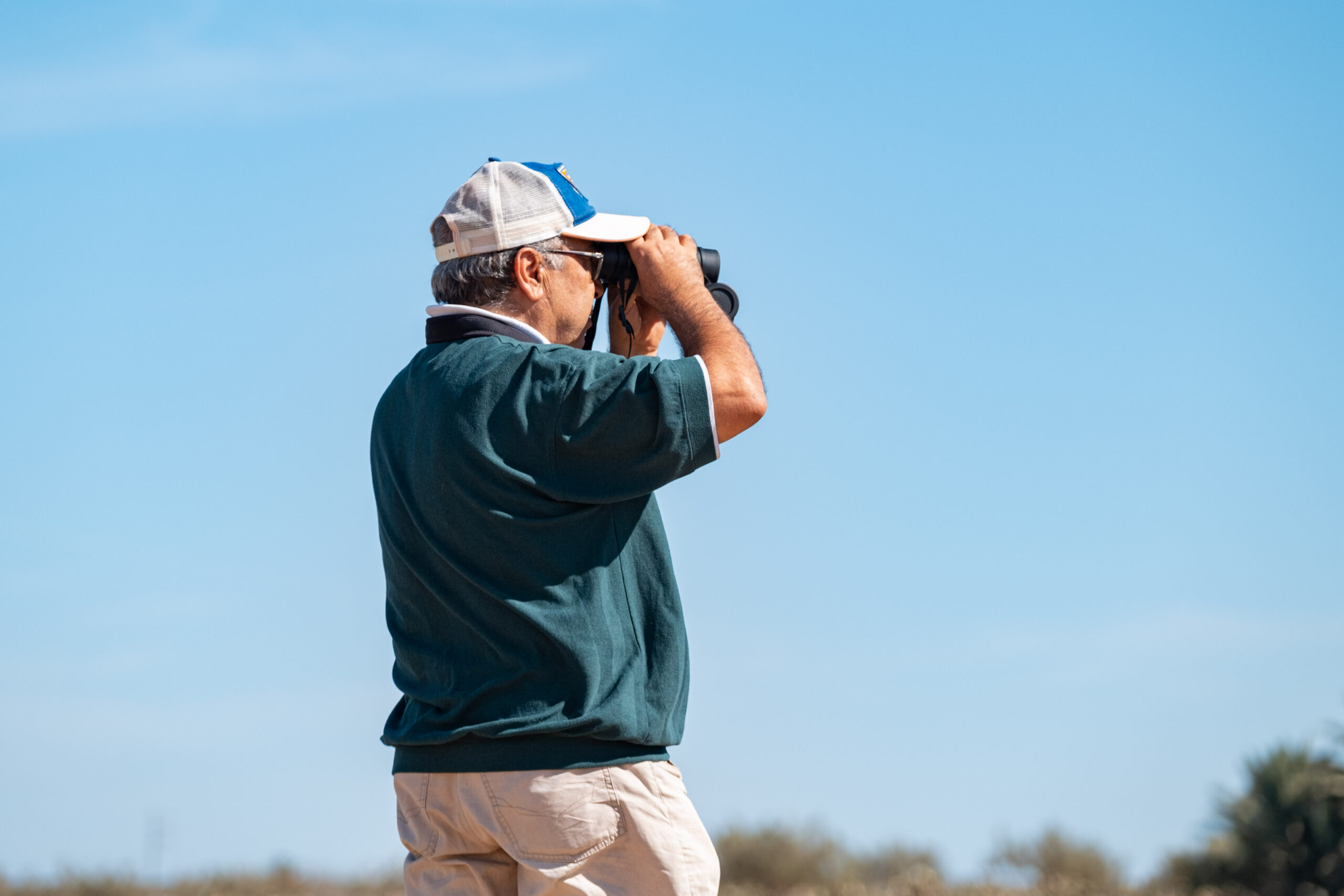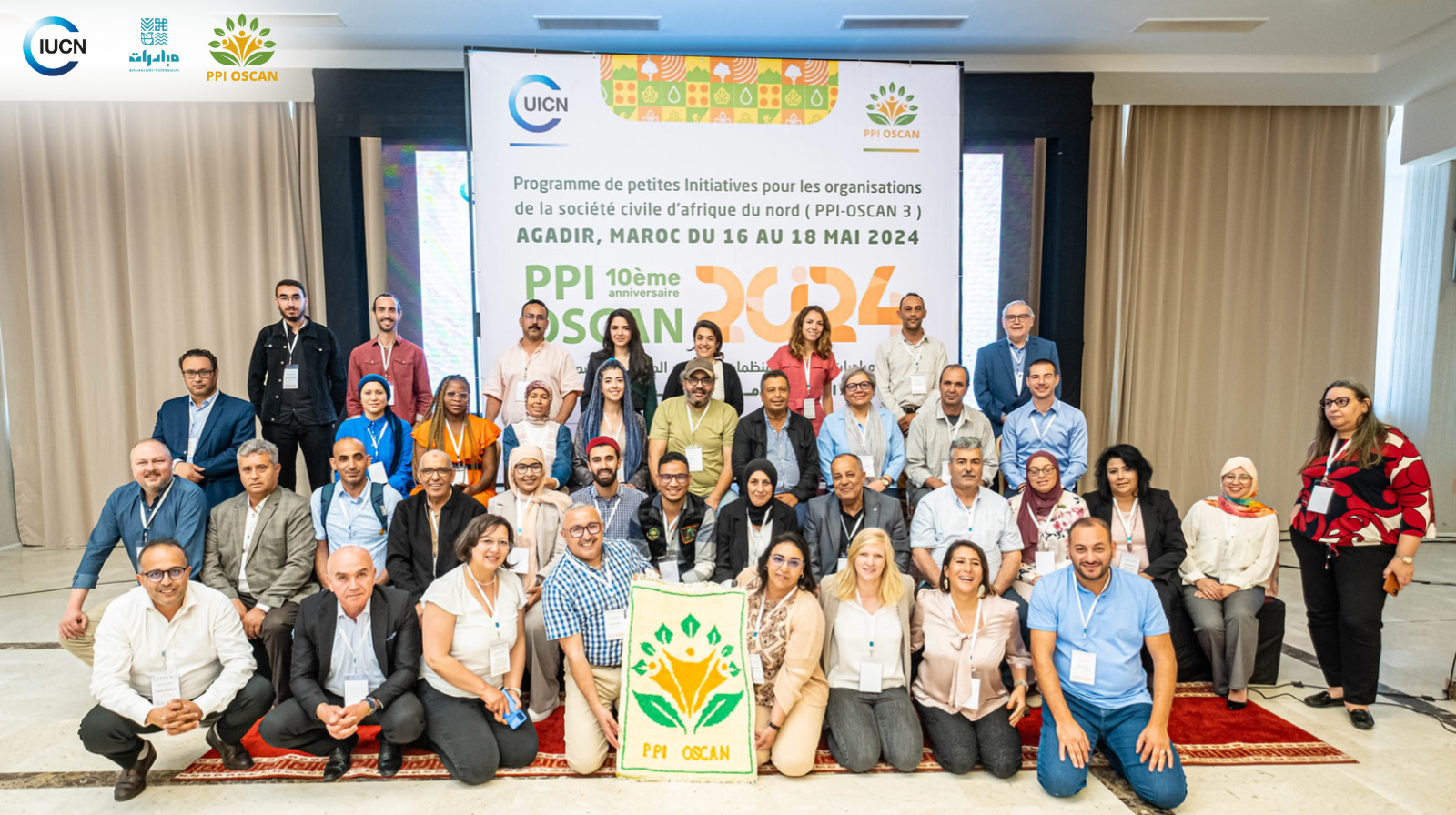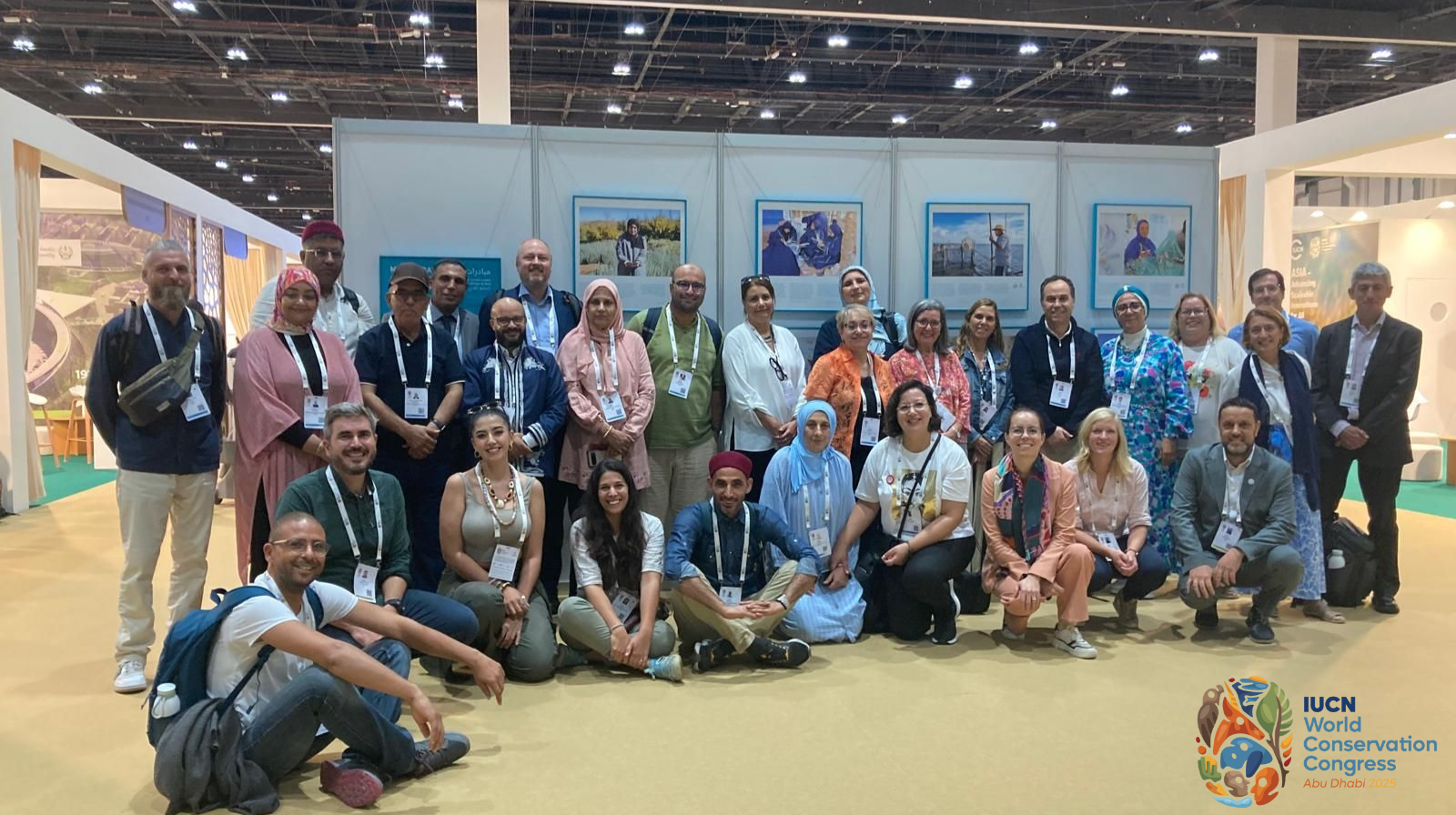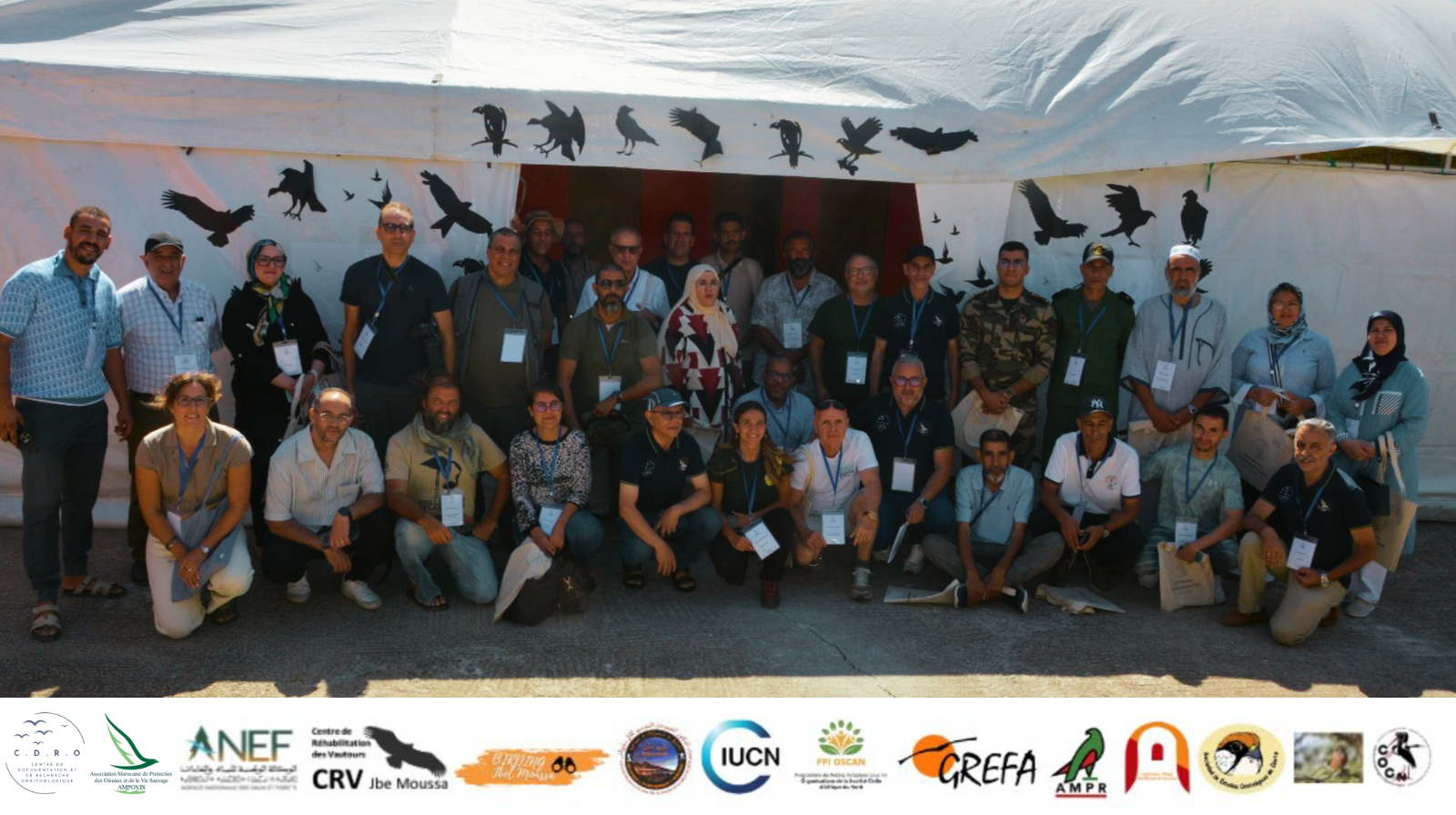Conservation and Enhancement of Sebkhet Halk El Menzel and Oued Essed
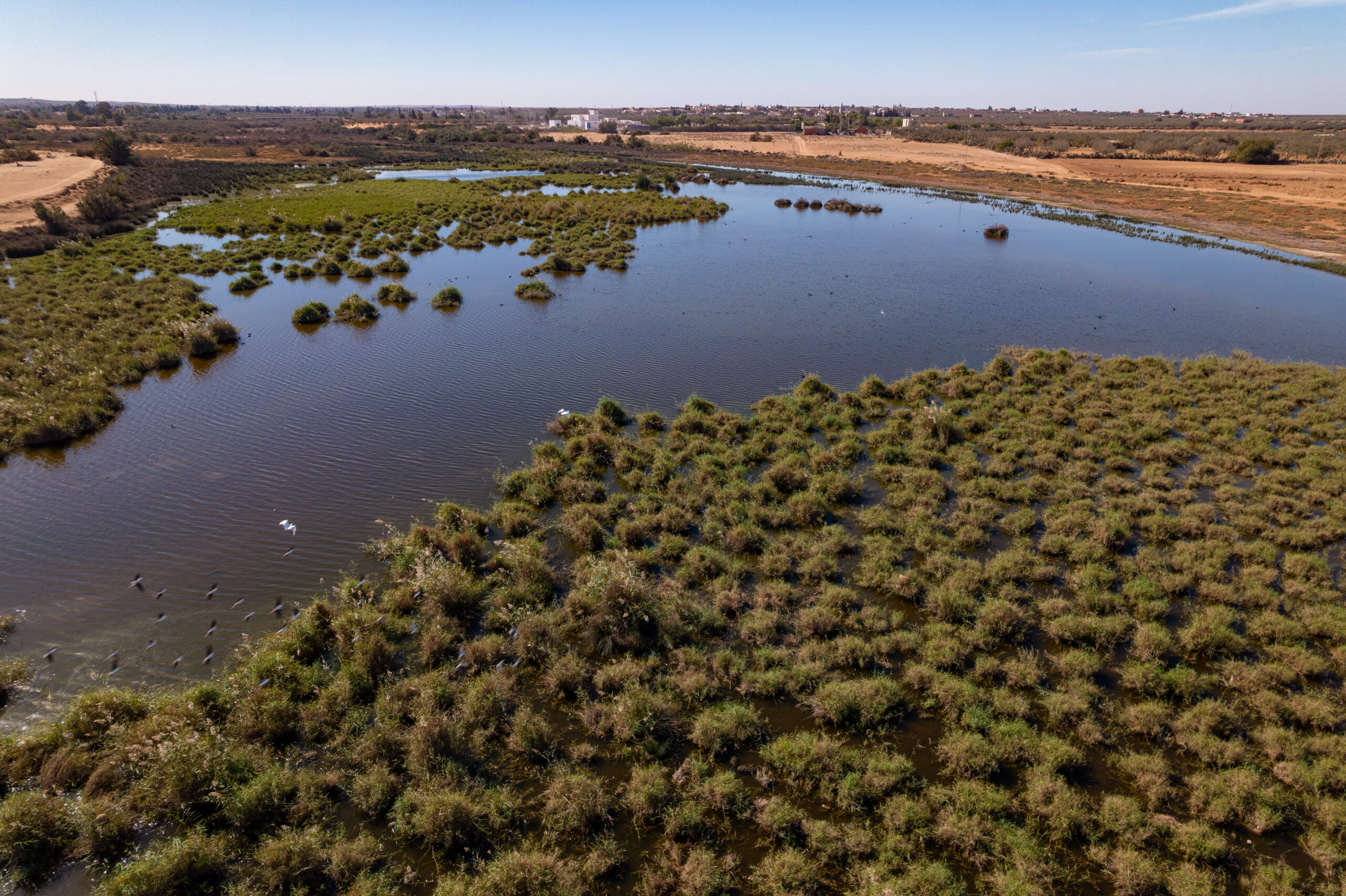
Since 2019, the Association for Research and Study on the Memory of Sousse (AREMS) has been actively involved in the preservation of wetlands, notably through the annual celebration of World Wetlands Day. With the support of the International Union for Conservation of Nature (IUCN) center for mediterranean cooperation under the PPI-OSCAN 3 program, the association has taken significant steps in conserving and enhancing the Sebkhet Halk El Menzel and Oued Essed wetlands.
An Ecological Circuit for Awareness and Conservation
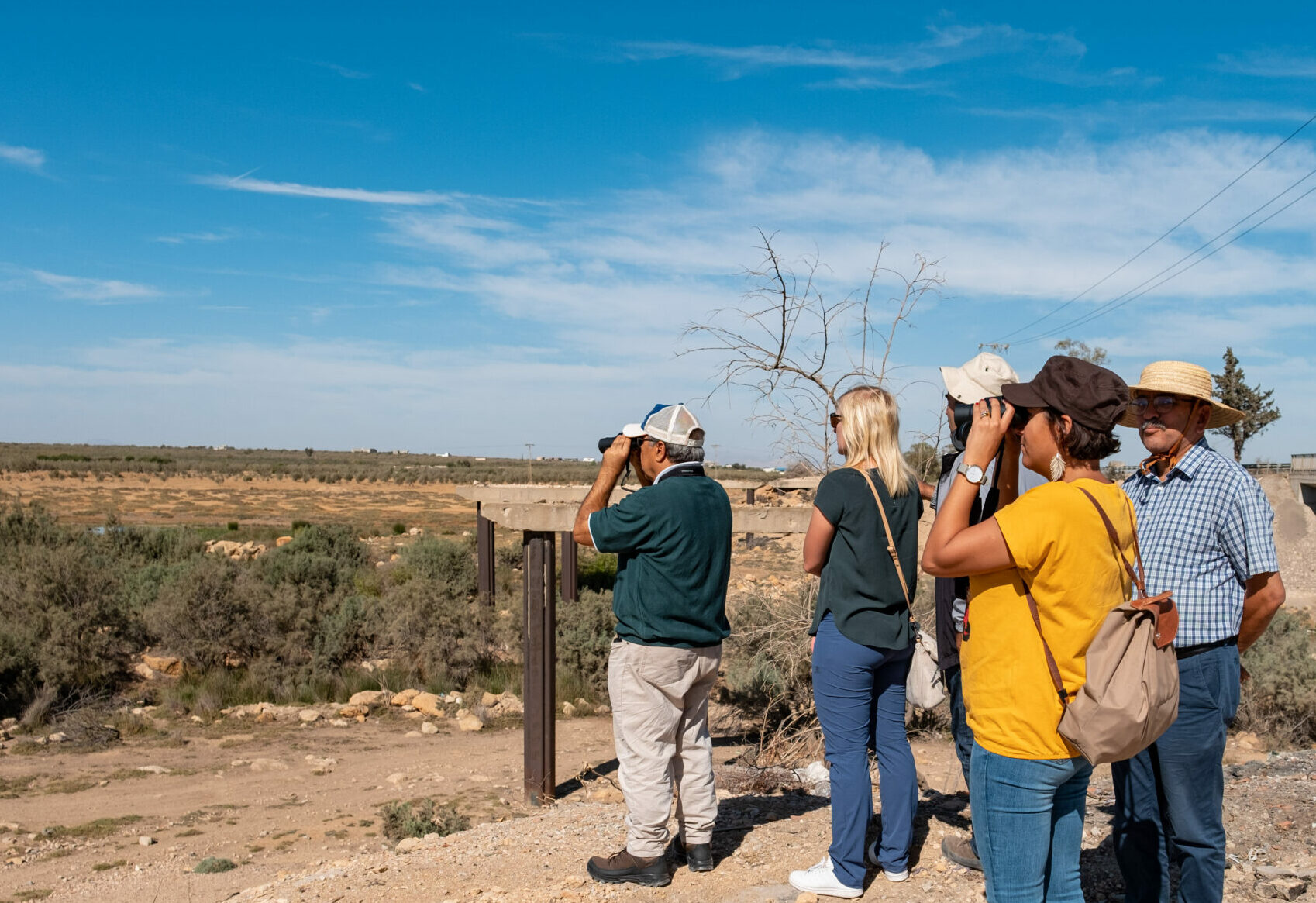
One of the project’s key achievements was the development of an ecological circuit designed to raise awareness about biodiversity and the importance of wetland conservation. This initiative provides visitors with an immersive experience while promoting community engagement in environmental preservation.
To facilitate access to these natural sites, the association installed an observatory, two watchtowers, a staircase, and observation cabins. These infrastructures have enabled the introduction of birdwatching, a previously unavailable activity in this protected area. Visitors can now enjoy panoramic views of the wetland, fostering a deeper appreciation for the ecosystem and its rich biodiversity.
This tour was designed to appropriately celebrate World Wetlands Day 2025, highlighting the critical importance of these ecosystems.
Scientific Monitoring for Ecosystem Protection
In 2023, AREMS launched a water quality monitoring and assessment program across three key ecosystems in the region:
- Oued Essed
- Sebkhet Halk El Menzel, including the lagoon
- The aquaculture basins
This periodic monitoring system aims to track the ecological health of the wetland and alert relevant stakeholders in case of environmental threats. By adopting this approach, the association has contributed to long-term sustainable management and the early detection of potential ecological issues.
Strong Advocacy for Site Protection
Beyond conservation and awareness efforts, AREMS has been actively involved in advocacy to safeguard the wetland. Key actions included:
- Banning hunting in the area to protect vulnerable species such as the Marbled Teal (Marmaronetta angustirostris).
- Resisting real estate lobbying that seeks to alter the site’s agricultural status, which could endanger its ecological balance.
- Encouraging sustainable site management, including anti-erosion measures such as the planting of Acacia trees around the lake.
Halk El Menzel: A Wetland of International Importance
- Designated as a Ramsar site since 2012, Sebkhet Halk El Menzel is a coastal saline lagoon that represents a nearly natural sebkha, a characteristic wetland type of Tunisia’s semi-arid Sahel region. This site plays a crucial ecological role:
- It serves as a vital habitat for several ecologically significant species.
- It is a wintering and nesting ground for migratory birds.
- It functions as a spawning ground for fish species such as Mugil sp. and Lisa sp..
- It supports local fisheries, aquaculture, and livestock farming.
- It acts as a natural floodwater absorption system, mitigating the impact of sudden floods from major tributary wadis.
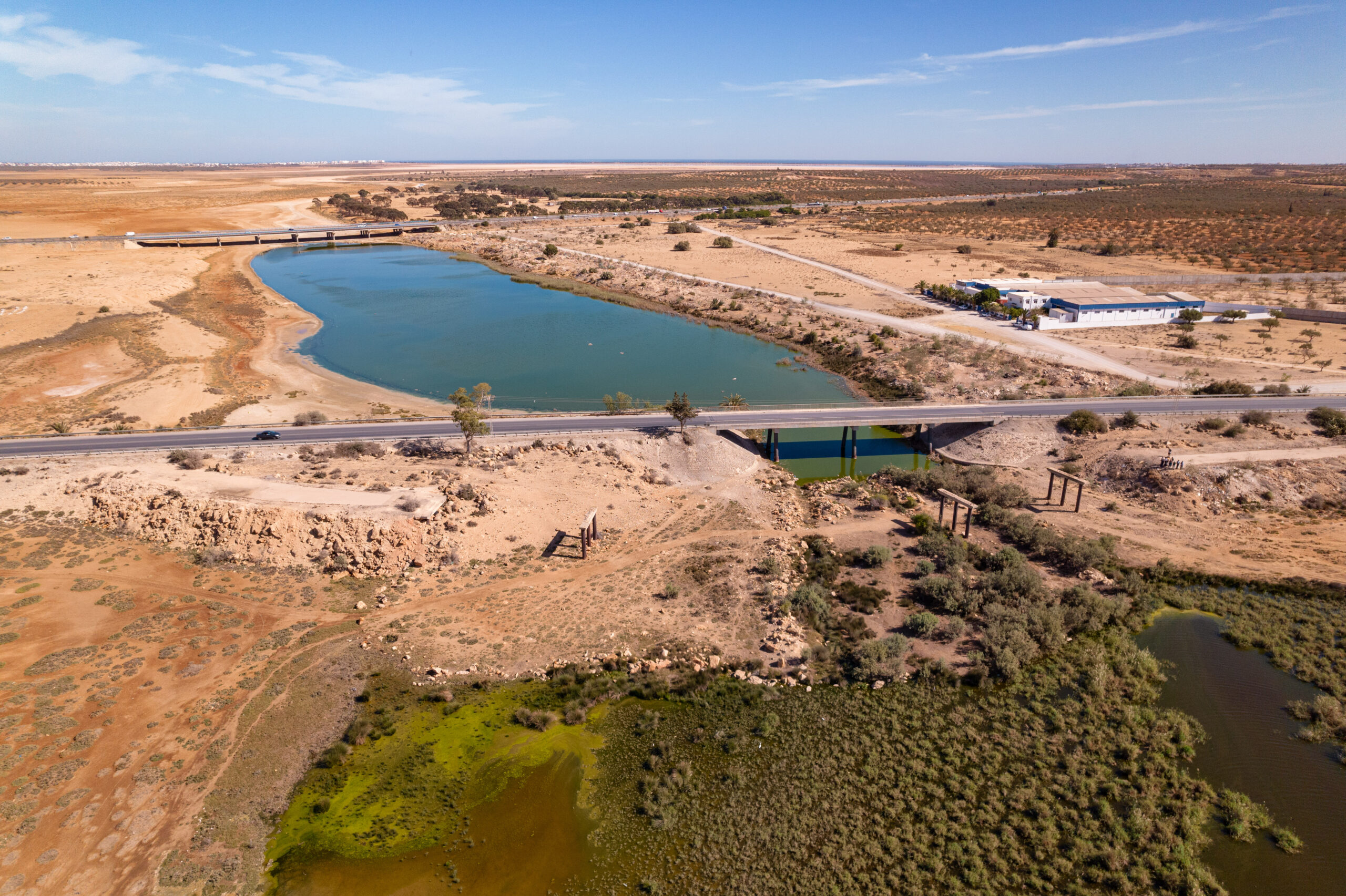
A Model Project Supported by PPI-OSCAN3
Thanks to the PPI-OSCAN 3 program (coordinated by IUCN-Med and funded by the French Fund for the Global Environment (FFEM), the MAVA Foundation and the Sigrid Rausing Trust ) , AREMS was able to strengthen its impact by integrating conservation, ecotourism, and community awareness into its efforts. This project has demonstrated that local NGOs can play a crucial role in wetland conservation when provided with the necessary resources and support.
Today, the infrastructure and initiatives developed continue to benefit visitors, researchers, and local communities. The project’s legacy is reflected in the increased understanding of the region’s ecological value and a heightened commitment to its protection.
Find out how AREMS, with support from the PPI-OSCAN 3 programme, is protecting and enhancing the wetlands of Sebkhet Halk El Menzel and Oued Essed.

